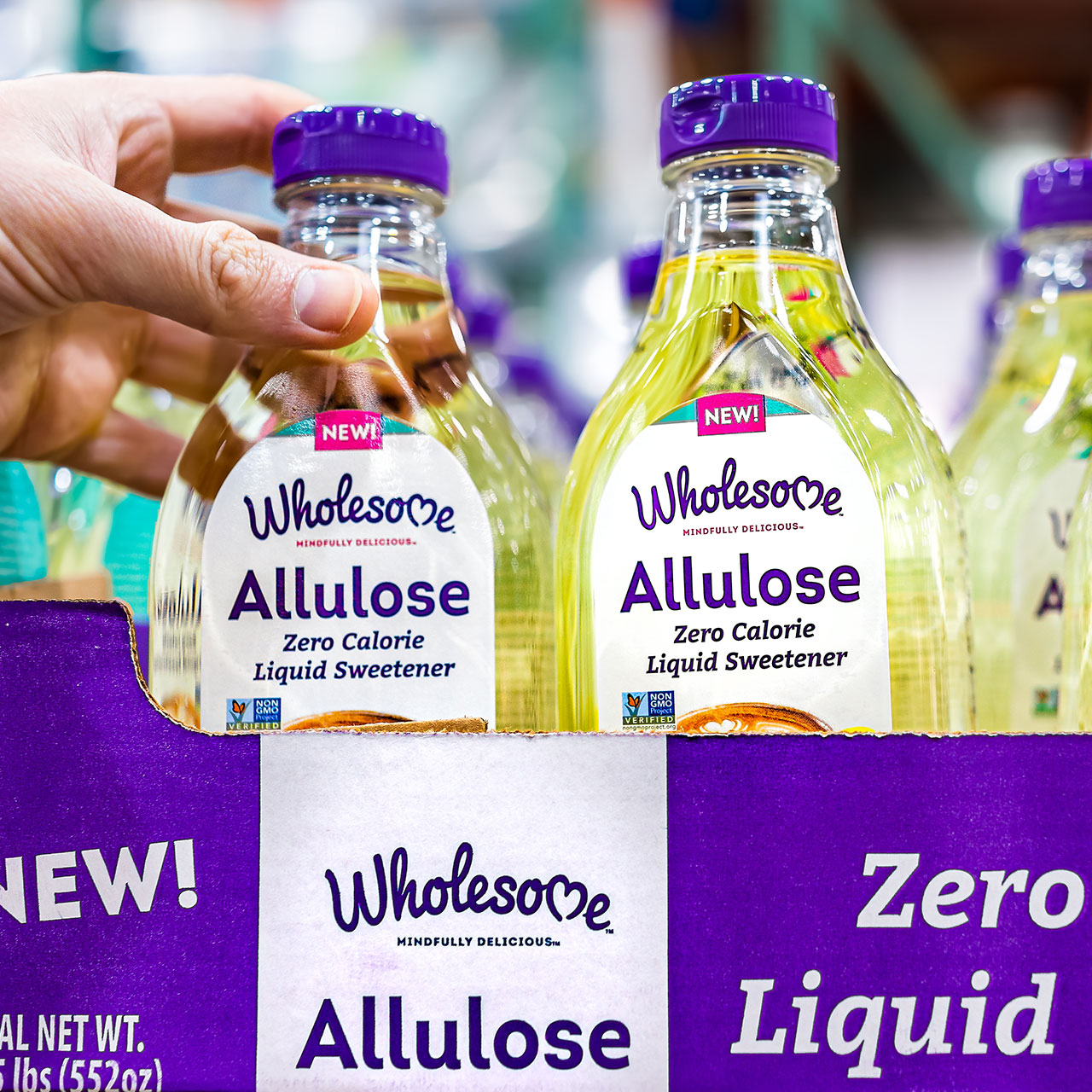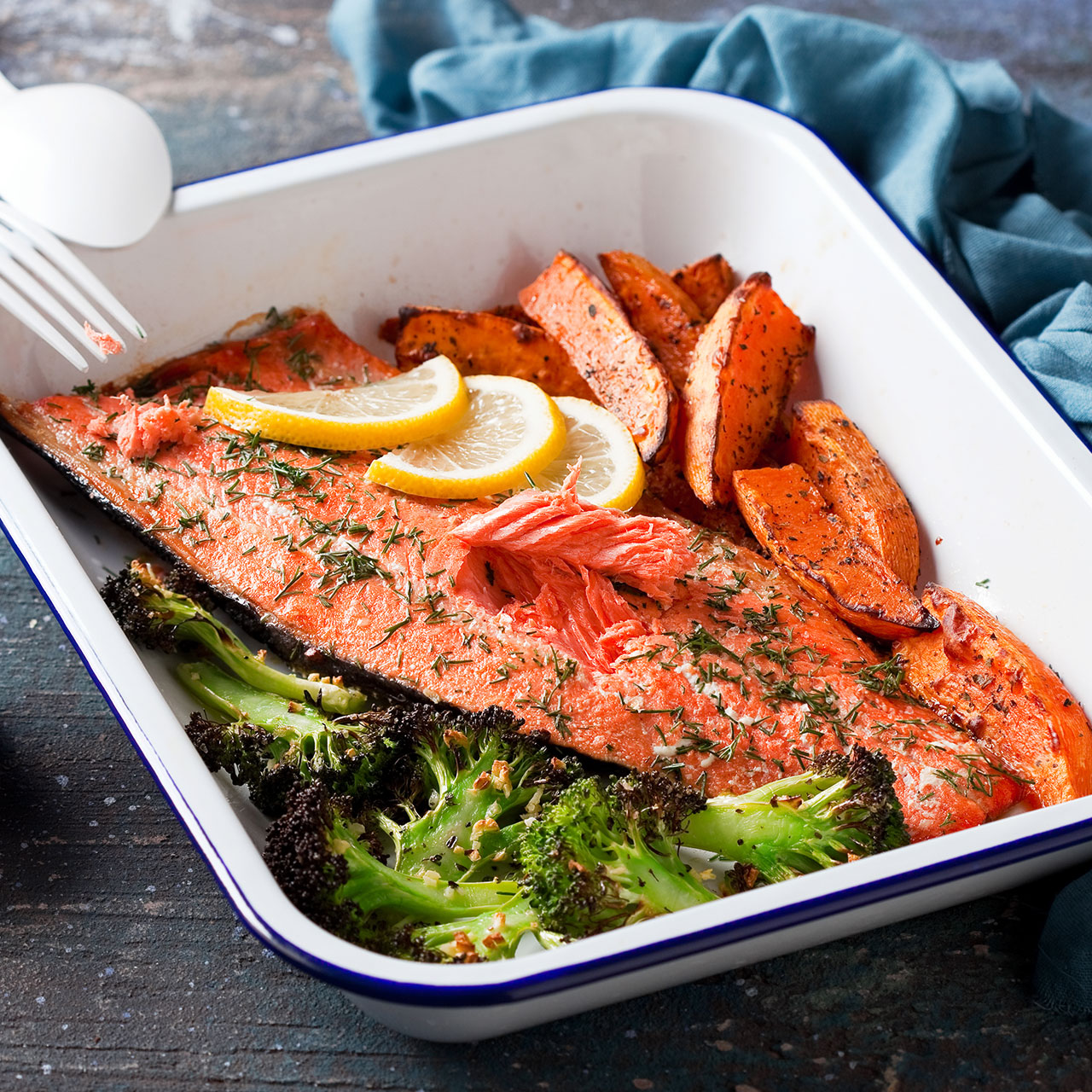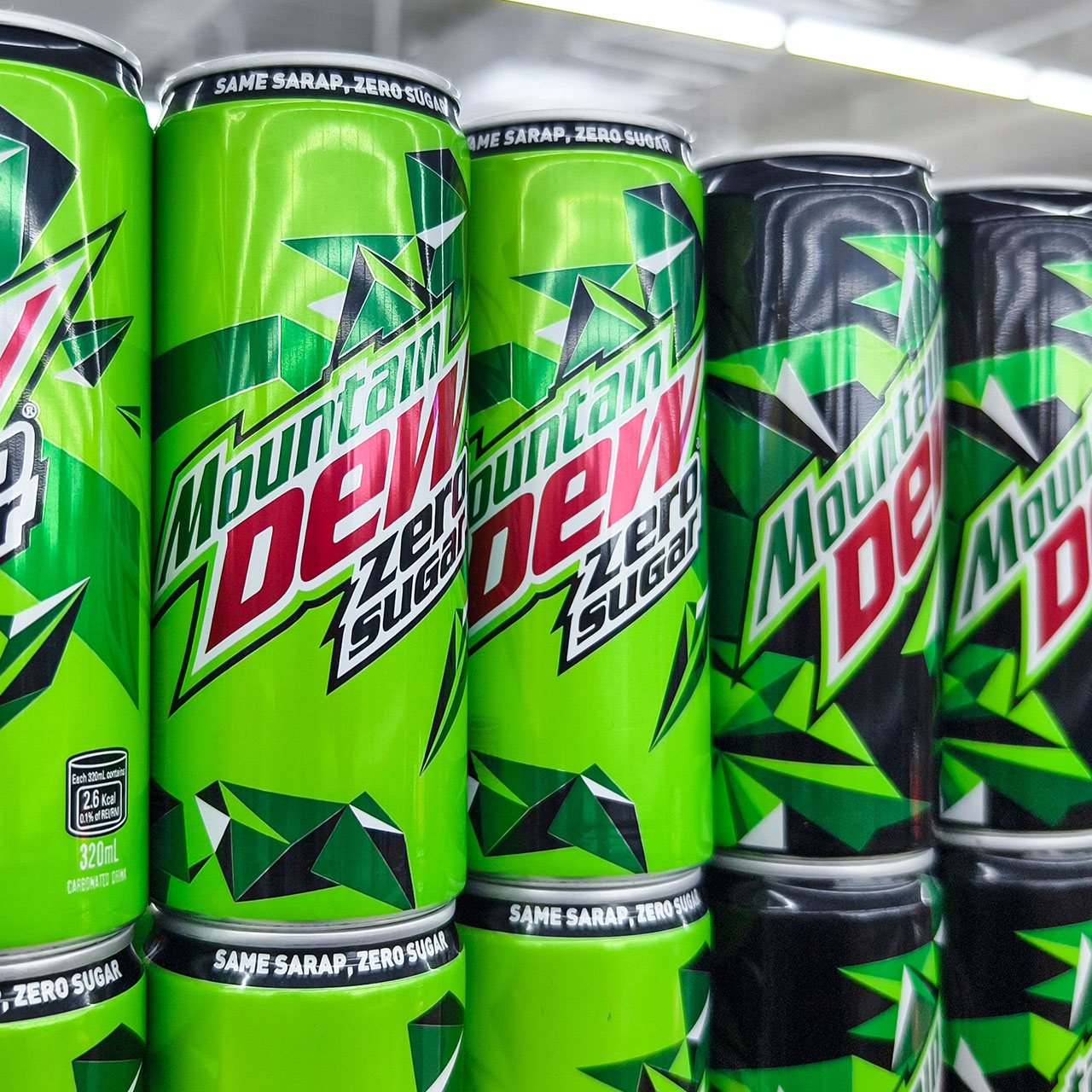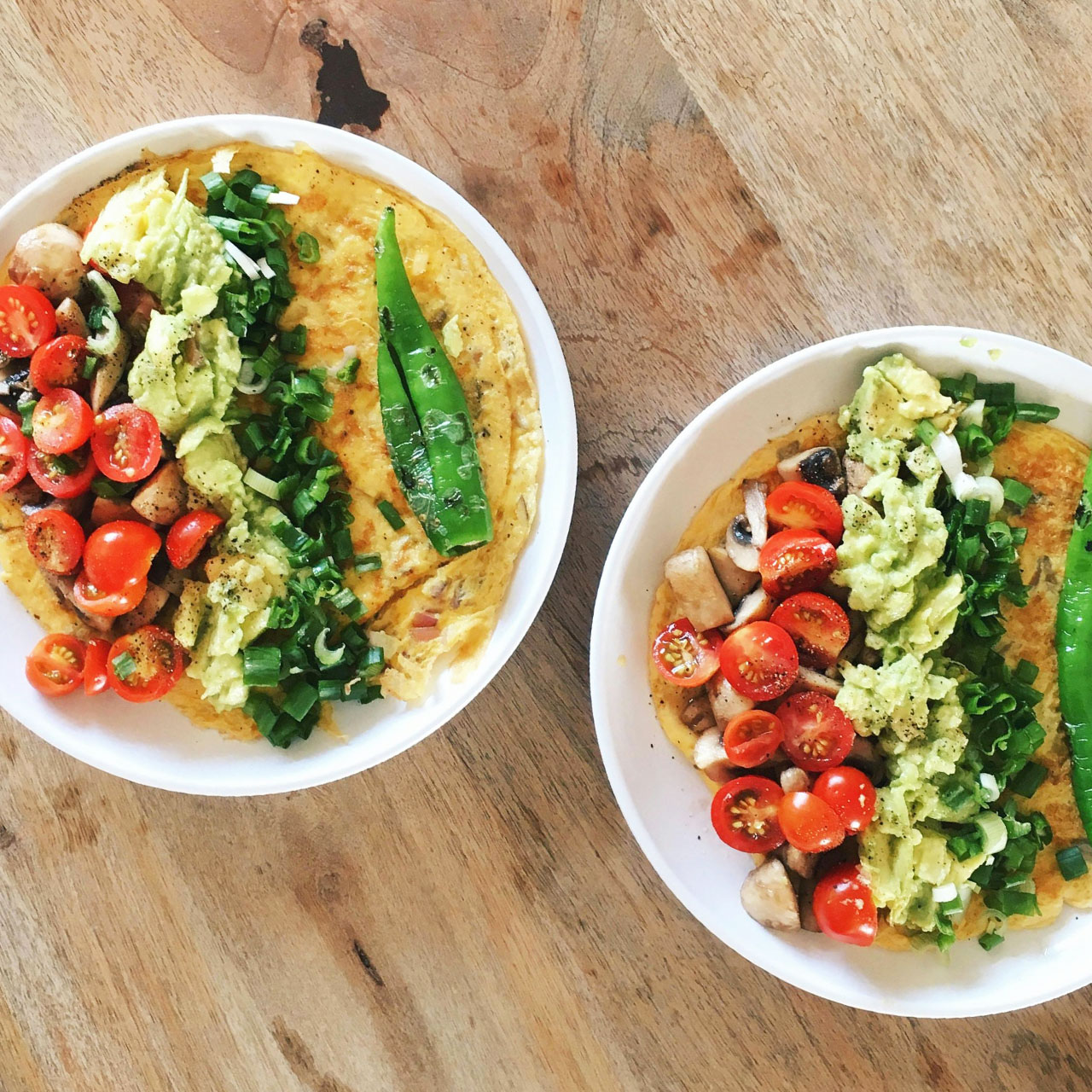From energizing coffee to anti-inflammatory tea to a plain old glass of water, we all have different go-to breakfast beverages. However, not all of them are created equal when it comes to your health. It’s important to remember that what you choose to put into your body first thing in the morning can have a major impact on your entire day and, ultimately, your long-term health. Unfortunately, there’s one popular morning beverage in particular that could be holding you back from your health goals by filling your body with sugar and leading to inflammation: fruit juice.
In order to learn more about how inflammatory, sugary fruit juice could be impacting your health, we checked in with nutritionists Krutika Nanavati and Tania Long. They outlined a few of the reasons you’re better off cutting out sugary fruit juice if you want to lead a healthy life. Find all of their expert insight below!


How fruit juice leads to inflammation
On a surface level, fruit juice may seem like a perfectly fine—or even healthy—beverage option. After all, the health benefits of fruit are numerous. Aren't people always saying, "An apple a day keeps the doctor away?" Unfortunately, the same isn't typically true of apple juice, especially when it comes to store-bought varieties. As it turns out, regularly consuming fruit juice could result in a range of health issues, including inflammation and weight gain.
The risks of fruit juice largely stem from the fact that most options out there are loaded with sugar. "While it may seem like you're making a good choice by selecting fruit juice over soda, the sugar level in fruit juice might be much higher than the sugar content of soda," Long says, pointing out that while your average cola contains 22 grams of sugar, bottled orange juice can pack in as much as 31 grams per 12oz serving.

We probably don't have to tell you twice that consuming too much sugar can lead to numerous consequences on your body. These include weight gain, diabetes, heart disease, and even certain cancers. And when it comes to sugary, inflammatory beverages, store-bought fruit juice is likely somewhere at the top of the list.
Nanavati warns that fruit juice can lead to inflammation of the stomach, in particular. "The sugar in these beverages can increase acid production in the stomach, leading to irritation and inflammation," she says.

It's also worth noting that since fruit juice depletes fruit of most of its nutrients, it offers up no fiber, which can make the effects of sugar even worse. "Unlike a piece of fruit, fruit juice contains no fiber to limit the body's absorption of sugar, resulting in an insulin surge," Long says.
Ultimately, blood sugar spikes can cause a slower metabolism, weight gain, and more. In addition to mitigating inflammation by limiting your sugar intake, it's important to take measures to manage your blood sugar, such as cutting out high-sugar beverages like fruit juice and adding blood sugar-stabilizing foods to your diet.

The bottom line
Many factors can contribute to inflammation, and there are several healthy habits you can implement in order to keep the issue at bay. One of the most important places to start is your diet. By incorporating anti-inflammatory foods into your meals and avoiding risky options like fruit juice, you'll be able to live your healthiest life.


























